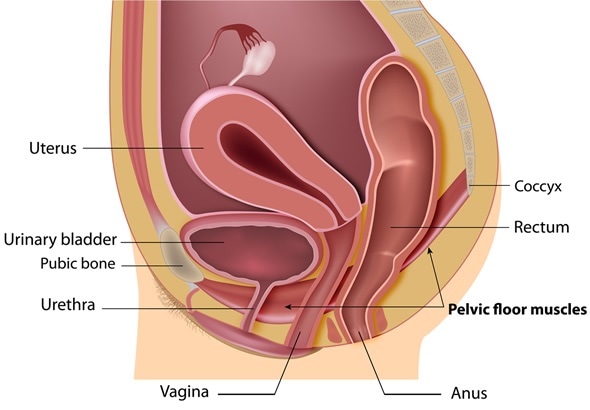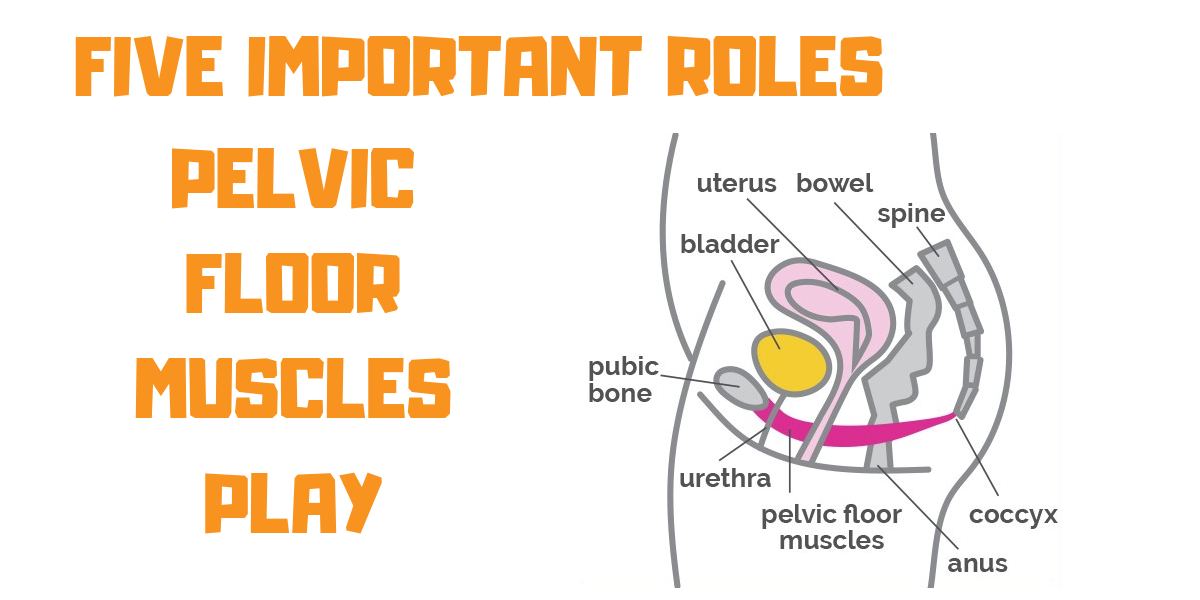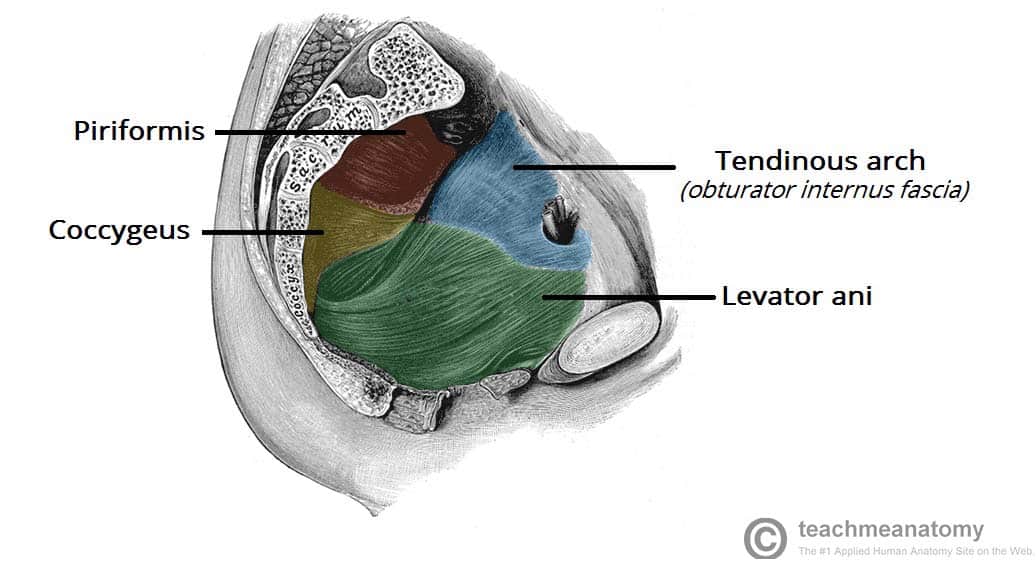If you re a woman you may also feel pain during sex and if you re a man you may have problems having or keeping an erection erectile dysfunction or ed.
Structure and function of the pelvic floor muscles.
Pelvic floor dysfunction is a common condition where you re unable to correctly relax and coordinate the muscles in your pelvic floor to urinate or to have a bowel movement.
In order to allow for urination and defecation there are a few gaps in the pelvic floor.
The main function of the pelvic floor muscles are.
To support the abdominal and pelvic viscera.
The main function of the superficial pelvic floor muscles is to support and anchor the deep muscles to the pelvic girdle but they also are active during sexual activity dorey 2003.
It attaches to the walls of the lesser pelvis separating the pelvic cavity from the perineum inferiorly region which includes the genitalia and anus.
It connects the axial skeleton to the lower limbs.
This cavity encloses the pelvic viscera bladder intestines and uterus in females.
There are two hip bones one on the left side of the body and the other on the right.
The pelvic floor overview and function.
The pelvic floor is primarily made up of thick skeletal muscles along with nearby ligaments and their investing fascia.
It is a basin shaped muscular diaphragm that helps to support the visceral contents of the pelvis.
They also help the anus function.
Together they form the part of the pelvis called the pelvic girdle.
The pelvic floor is a dome shaped muscular sheet separating the pelvic cavity above from the perineal region below.
The muscles of the pelvic floor wrap around and control the opening of your bladder and rectum.
They are working throughout your day in many ways you may not have ever realized 5 important functions of the pelvic floor muscles.
The superficial pelvic floor muscles and sphincter muscles are innervated by the pudendal nerve while the levator ani is innervated directly by the pelvic nerves.
The pelvic girdle is a ring like bony structure located in the lower part of the trunk.
The main focus of this article will be the pelvic floor muscles on that topic there are several important questions that need to be answered.
The pelvic floor is a funnel shaped structure.
The pelvic floor or pelvic diaphragm is composed of muscle fibers of the levator ani the coccygeus muscle and associated connective tissue which span the area underneath the pelvis the pelvic diaphragm is a muscular partition formed by the levatores ani and coccygei with which may be included the parietal pelvic fascia on their upper and lower aspects.





























